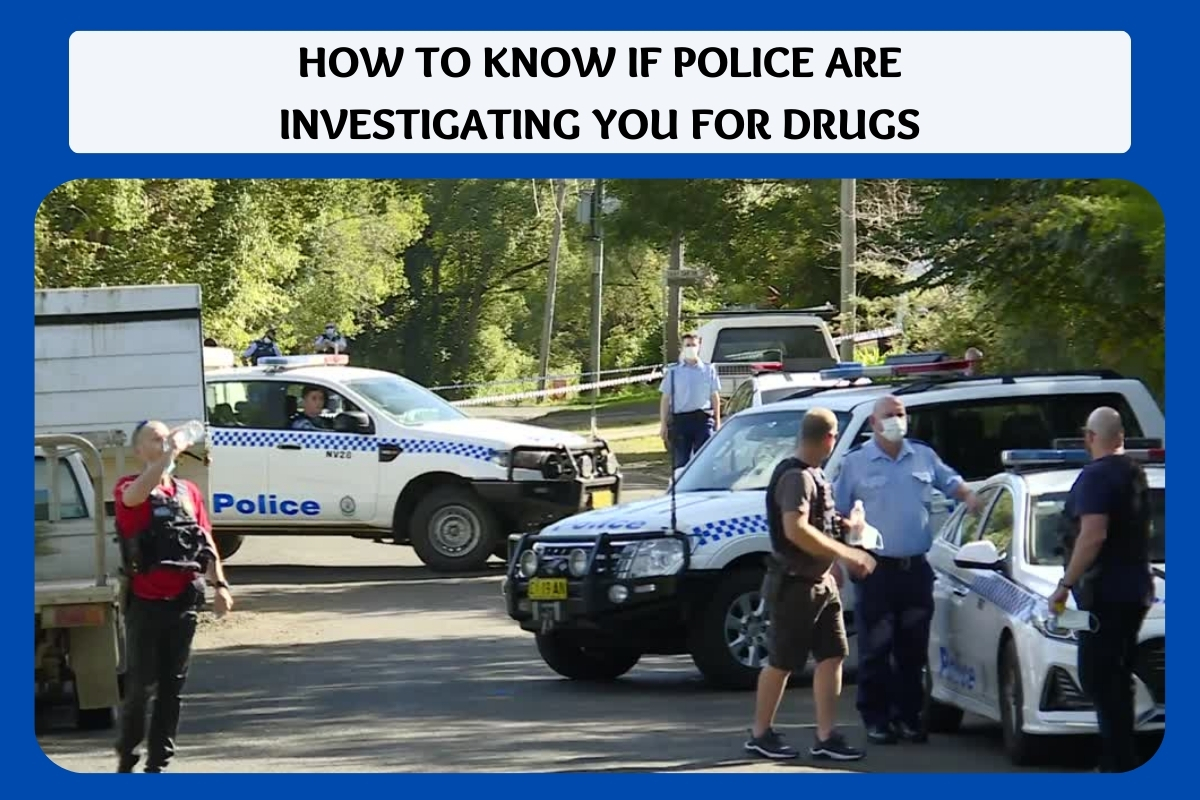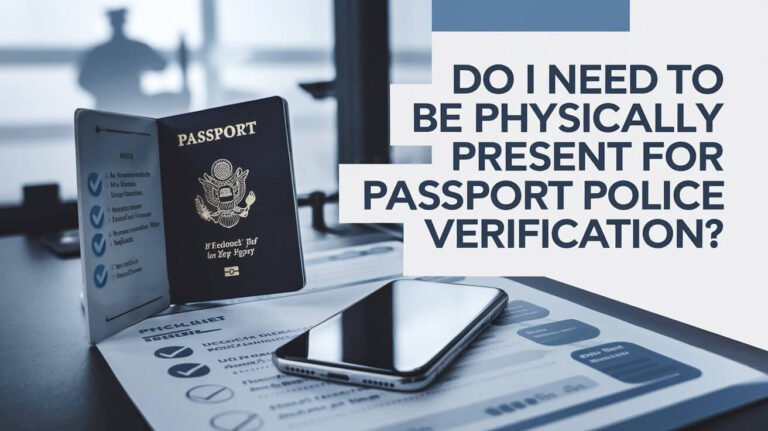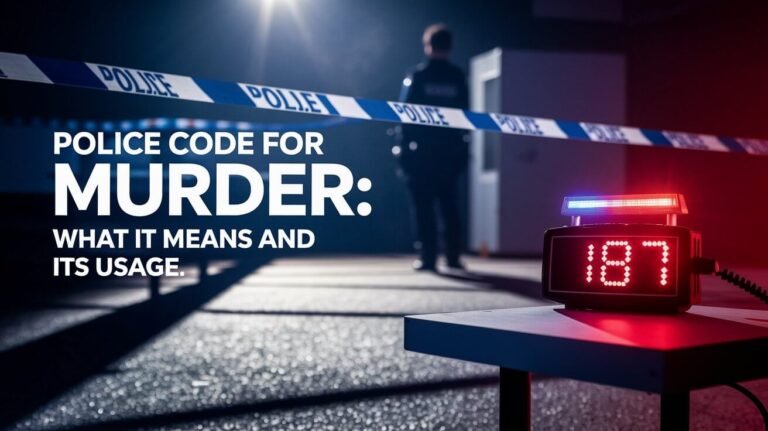How to Know If Police Are Investigating You for Drugs

Are cops looking into you for drugs? Knowing the signs can help protect your rights and get ready to defend yourself. We’ll explain how to tell if police are investigating you for drugs and what to do if they are.
The key signs that may indicate a drug investigation include:
- Increased surveillance around your home, workplace, or frequented areas
- Questioning of friends, family members, or associates by law enforcement
- Unusual police presence or activity in your neighborhood
- Being approached by confidential informants or undercover officers
- Receiving search warrants or legal demands for personal information
We’ll look closely at signs cops are investigating you for drugs. We’ll explain your rights, how cops work, and how lawyers can help defend you.
Surveillance and Unmarked Vehicles
One of the most visible signs of a drug investigation is an increased police presence in the form of surveillance. You may notice unmarked cars frequently parked near your residence or workplace, or the same vehicles seeming to follow you from place to place.
Law enforcement agencies often conduct discreet monitoring to gather evidence before making arrests. While their tactics aim to be inconspicuous, patterns may emerge that reveal their activities, such as:
- Unfamiliar vehicles parked for extended periods in your neighborhood
- The same vehicles appearing at multiple locations you frequent
- Slow drive-bys or vehicles idling near your property
Document any suspicious activities that could indicate surveillance.
Questioning Friends, Family, and Associates
During a drug investigation, law enforcement officers may reach out to individuals within your social or professional circles. They might approach your friends, family members, coworkers, or associates and question them about your activities, behaviors, or potential involvement in illegal substances.
These interactions could be casual conversations or more formal interviews, but the goal is often to gather peripheral information that could be linked back to you as a suspect.
If you become aware of such questioning, it’s a clear indication that you’re under investigation, and it’s crucial to exercise caution in your interactions and seek legal counsel promptly.
Confidential Informants and Undercover Officers
Another tactic employed by law enforcement in drug investigations is the use of confidential informants (CIs) or undercover officers. These individuals may attempt to establish connections with you or engage in controlled buys to gather evidence of drug-related activities.
Be cautious of new acquaintances showing an unusual level of interest in your personal life or activities, as they could potentially be working with law enforcement. Similarly, if someone you know has a history of drug involvement or legal troubles, they may have agreed to cooperate as an informant to reduce their own charges.
Be very careful in these cases. Don’t do anything illegal, as it could be part of an investigation.
Communication Monitoring and Wiretapping
In some cases, law enforcement agencies may obtain legal authorization to monitor your communications as part of a drug investigation. This could involve wiretapping your phone lines, intercepting electronic communications, or monitoring your online activities and social media presence.
Signs that your communications may be under surveillance include:
- Unexplained static, interference, or strange noises during phone calls
- Disruptions or anomalies with your internet service or online accounts
- Receiving unexpected packages or mail related to drugs or drug paraphernalia
Suspect communications monitored? Exercise caution in conversations and online activities. Information shared could potentially serve as evidence against you.
Search Warrants and Legal Actions
One of the most definitive signs that you’re under investigation for drug-related offenses is the execution of a search warrant on your property. Law enforcement agencies must obtain a judge’s approval based on probable cause that evidence of a crime will be found.
Receiving a search warrant is often a late-stage development in an investigation, indicating that law enforcement has gathered substantial evidence and is actively building a case against you.
In addition to search warrants, other legal actions, such as subpoenas for your personal or financial records, can also signal an ongoing investigation.
Protecting Your Rights
If you suspect that you’re under investigation for drug-related offenses, it’s crucial to understand and exercise your constitutional rights to protect yourself. These rights include:
Right to Remain Silent
The Fifth Amendment of the U.S. Constitution grants you the right to remain silent when questioned by law enforcement. You are not obligated to answer any questions or provide information that could potentially incriminate you.
Invoke your right to remain silent clearly. What you say can be used against you in court. After asserting this right, don’t make any statements until you have a lawyer present.
Requirement for Search Warrants
The Fourth Amendment protects you against unreasonable searches and seizures by law enforcement. In most cases, the police cannot legally search your property, belongings, or electronic devices without a valid search warrant or your explicit consent.
You can refuse if law enforcement tries to search without a warrant. They need proper legal documentation to proceed.
Legal Representation
The Sixth Amendment guarantees your right to legal counsel if you’re accused of a crime. Consulting with an experienced criminal defense attorney as soon as you suspect an investigation is crucial. A lawyer can advise you on how to protect your rights, interact with law enforcement, and begin building a robust defense strategy.
Types of Drug Investigations
Law enforcement agencies conduct various types of drug investigations, each with its own specific tactics and targeted offenses. Understanding the nature of the investigation you may be facing can help you better prepare your defense.
Street-Level Dealing
Street-level drug investigations often focus on individuals involved in the distribution or sale of illegal substances on a smaller scale, such as street corners or local markets. Law enforcement may employ tactics like surveillance, undercover operations, and controlled buys to gather evidence against suspected dealers.
Distribution and Trafficking
Larger-scale investigations into drug distribution networks and trafficking organizations typically involve more extensive surveillance, wiretapping, and the use of confidential informants. These cases may span multiple jurisdictions and involve collaboration between various law enforcement agencies.
Manufacture and Cultivation
Investigations into the manufacture or cultivation of illegal drugs, such as methamphetamine labs or marijuana grow operations, often rely on tips, informants, and surveillance to identify and dismantle these operations.
Online Activities
With the rise of online marketplaces and the dark web, law enforcement has increased its focus on investigating drug-related activities facilitated through digital channels. These investigations may involve monitoring online communications, tracking financial transactions, and collaborating with other agencies to trace digital footprints.
Law Enforcement Tactics
To gather evidence in drug investigations, law enforcement agencies employ a variety of tactics and strategies. Understanding these tactics can help you recognize potentially incriminating situations and act in a manner that protects your legal interests.
Undercover Operations
Law enforcement officers may go undercover, posing as individuals involved in the drug trade, to infiltrate criminal organizations or establish connections with suspected dealers. These operations often involve controlled buys or attempts to gather evidence of drug-related activities.
Controlled Buys
Controlled buys involve law enforcement coordinating and monitoring the purchase of illegal substances from a suspected dealer. This may involve the use of confidential informants, undercover officers, or cooperating witnesses to conduct the actual buy while under surveillance.
Wiretapping and Communication Monitoring
With proper legal authorization, law enforcement agencies can monitor phone calls, text messages, and other forms of electronic communication as part of a drug investigation. This tactic aims to gather evidence of drug-related conversations, transactions, or conspiracies.
Surveillance
Physical surveillance is a common tactic used in drug investigations. Law enforcement officers may conduct extended monitoring of suspected individuals, their residences, workplaces, or known hangouts to document activities and gather evidence.
Preparing Your Defense
If you believe you’re under investigation for drug-related offenses, it’s crucial to take proactive steps to protect your rights and prepare an effective defense strategy.
Consulting a Lawyer
One of the most important actions you can take is to consult with an experienced criminal defense attorney as soon as possible. A skilled lawyer can advise you on how to navigate the legal system, interact with law enforcement, and build a strong defense case.
Your attorney can also guide you on preserving and documenting evidence that may be favorable to your case, as well as ensure that your rights are upheld throughout the investigation and legal proceedings.
Avoiding Self-Incrimination
It’s essential to exercise extreme caution in your words and actions once you suspect an investigation. Refrain from discussing the case with anyone other than your lawyer, as any statements you make could potentially be used against you.
Avoid engaging in any illegal activities or behaviors that could further implicate you or provide additional evidence for law enforcement.
Documenting Evidence
Preserve any evidence that could support your defense. Your attorney will advise on properly collecting and safeguarding this evidence for court.
Potential evidence to document may include:
- Alibis or witness statements that could corroborate your whereabouts or activities during the time of alleged offenses
- Financial records, receipts, or other documentation that could refute claims of drug proceeds or illicit transactions
- Communication logs or electronic data that may contradict allegations or provide context to your interactions
- Photographs, videos, or other recordings that capture relevant events or circumstances
By thoroughly documenting and preserving potential evidence, you and your legal team can build a stronger defense and challenge the prosecution’s case more effectively.
The Bottom Lines
Being under investigation for drug-related offenses can be a daunting and stressful experience. However, by recognizing the signs of an active investigation and taking proactive steps to protect your rights, you can better navigate the legal process and improve your chances of a favorable outcome.
Remember, the key signs that may indicate a drug investigation include increased surveillance, questioning of your associates, the presence of confidential informants or undercover officers, communication monitoring, and the execution of search warrants or legal demands for information.
If you suspect you’re under investigation, it’s crucial to exercise your right to remain silent, refuse consent for searches without a warrant, and immediately seek legal representation from an experienced criminal defense attorney.
Your lawyer can guide you through the complexities of the legal system, advise you on preserving evidence and avoiding self-incrimination, and build a robust defense strategy tailored to the specifics of your case.
By staying vigilant, understanding your rights, and working closely with skilled legal counsel, you can effectively navigate a drug investigation and protect your interests throughout the legal process.






